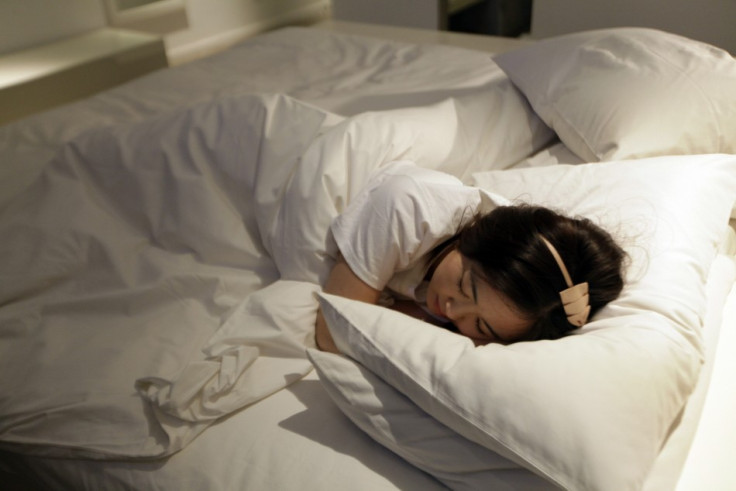Sleep Loss Has a Major Effect on Our Immune System

Severe sleep loss has a drastic effect on the immune system, just like stress, according to an American Academy of Sleep Medicine report.
An international team of researchers has found that severe sleep loss jolts the immune system in the same way stress does. They found this while studying white blood cell counts of 15 healthy young men.
Before the white blood cells were taken from the 15 men for the study, the participants were made to follow a strict schedule of eight hours of sleep every day for a week, at least 90 minutes of outdoor walk and 15 minutes' outdoor activities for a week; they were not allowed to drink coffee, alcohol or take medication during the last three days. All of this was done to stabilise their circadian clocks and minimise sleep deprivation.
After one week, researchers took white blood samples from all the 15 men and compared them with men, who were continuously awake for 29 hours.
The study found that the men who slept for eight hours a day had a better immune system compared to men who slept for lesser hours.
The researchers also found that men who slept for a few hours had a major affect on granulocytes, a type of white blood cells. They found that granulocytes drastically increased numbers in these men.
"The granulocytes reacted immediately to the physical stress of sleep loss and directly mirrored the body's stress response," said Ackermann, a postdoctoral researcher at the Eramus MC University Medical Center Rotterdam in the Netherlands.
Previously, researchers had found that severe sleep deprivation can lead to development of several health problems like obesity, diabetes and hypertension. Now researchers have found that sleep deprivation can have a major affect on the immune system also.
Researchers are planning to conduct more studies on molecular mechanisms behind stress and sleep loss.
"Future research will reveal the molecular mechanisms behind this immediate stress response and elucidate its role in the development of diseases associated with chronic sleep loss," said Katrin Ackermann, researcher at the University of Surrey, in a statement. "If confirmed with more data, this will have implications for clinical practice and for professions associated with long-term sleep loss, such as rotating shift work."
© Copyright IBTimes 2025. All rights reserved.





















